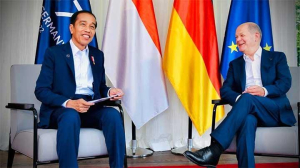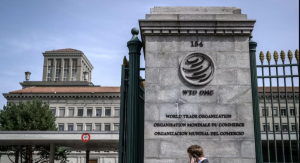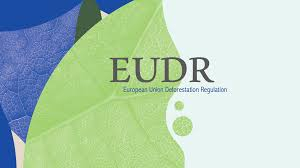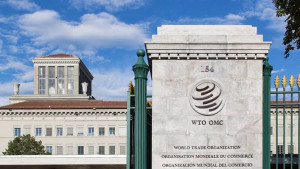European Union investigates into Indonesian biodiesel imports signal progress
The European Union has initiated an investigation regarding biodiesel imports from Indonesia, raising concerns about potential tariff evasion through intermediary routes via China and the United Kingdom.
Reports unveil that this investigation was launched following an initial plea from the European Biodiesel Board, an association of biodiesel producers within Europe.
"This request contains sufficient evidence that counterbalancing measures against imports of the relevant products have been evaded through the imports of the products currently under investigation." stated the European Commission (EC), on August 18, 2023.
The EU will effectively hamper Indonesia's complaint to the WTO forum. Moreover, EU's evidences suggests companies from China allegedly obtain biofuel raw materials from Indonesia for deliveries to Europe.
These three Chinese companies that were suspended for exporting biofuels such as, Hainan Hanpu Import and Export Trade, Hainan Bomi Import and Export Trading, and Wuchuan Maosheng Bio-Energy. However, it is unclear what kind of relations these companies had with Indonesia.
EU tariffs in accordance with the WTO
A spokesperson for the EC expressed confidence that the tariffs levied by the European Union on Indonesia are in accordance with WTO regulations. The EU is open to discussions with Indonesia on this issue.
Meanwhile, the European Biodiesel Council said it estimates that duty-evading imports may have cost the EU around 221 million euros or US$ 240.34 million last year.
On the other hand, Djatmiko Bris Witjaksono, Trade Ministry's Director General of International Trade Negotiations said, Indonesia would monitor the investigation and step in if there was any violation of WTO rules.
Trading challenges with the EU
In recent times, trade relations between the European Union and Indonesia have faced challenges, notably with the introduction of the Deforestation Act, which restricts the import of palm oil products from the nation. Notably, this policy has also been met with resistance from other palm oil-producing countries, including Malaysia.
Beyond biodiesel, palm oil is widely utilized in the production of food and cosmetics. Therefore, the demand for palm oil remains crucial for numerous nations. As investigations unfold, the EU's actions could serve as a pivotal step toward fostering more productive trade ties with Indonesia.
For Indonesia, the European market is one of its biodiesel export destinations. The Indonesian Biodiesel Producers Association (APROBI) said that in 2018 or before the introduction of import duties, the exports to Europe were at US$ 631.1 million or 22.5 times higher than in 2017 at US$ 26.8 million.
EU is the third largest destination for Indonesian palm oil product
A pertinent fact to acknowledge is that the European Union stands as the third-largest destination for Indonesian palm oil products. Simultaneously, Indonesia is recognized as the globe's leading producer of palm oil.
It is likely the dispute would strain trade relations between Indonesia and the European countries. Whilst, Indonesia tries its best to garner support from CPO producing countries in an attempt to bring the case to the international forum.
The EU will try its best to keep its pressure, as recently Indonesia bans exports of raw mineral commodities such as nickel.
Already have an account? Sign In
-
Start reading
Freemium
-
Monthly Subscription
20% OFF$29.75
$37.19/MonthCancel anytime
This offer is open to all new subscribers!
Subscribe now -
Yearly Subscription
33% OFF$228.13
$340.5/YearCancel anytime
This offer is open to all new subscribers!
Subscribe now







